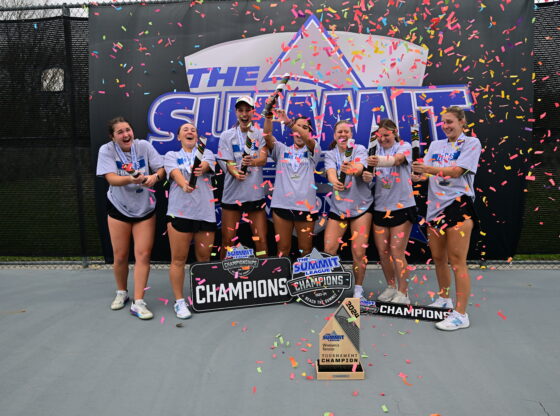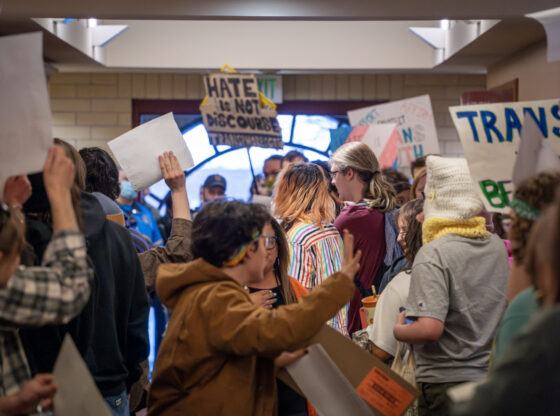As the world comes to a sudden halt amid the COVID-19 pandemic, the professional sports industries have been hit hard. With the National Basketball Association (NBA) and the National Hockey League (NHL) indefinitely suspending their seasons along with many other organizations, players and workers have been forced to face unexpected and sudden unemployment. Once roaring stadiums are now empty as games are canceled and workers are sent home.
However, in these hard times, many professional sports organizations and their players have come forward to support the displaced workers. Although there is not one uniform plan in place, companies are stepping up on their own. In our home state, the Denver Nuggets have created a plan to provide financial compensation for their part-time and hourly employees. In Illinois, the Chicago Bulls have announced they will pay all game-day employees for the rest of the season. The LA Franchises have created a fund to be distributed to all hourly NHL and NBA workers at the Staples Center.
Individual players have come forward with their own form of financial support. Zion Williamson, the overall 1st round pick in the 2019 NBA Draft and player for the New Orleans Pelicans, announced on March 13 that for 30 days, he will cover the salaries for all Smoothie King Center employees. Rudy Gobert, the first NBA player to be diagnosed with COVID-19, contributed $500,000 to COVID-related relief funds. Giannis Antetokounpo of the Milwaukee Bucks announced a donation of $100,000 to the Fiserv Forum arena staff.
Even more, now empty and employee-less sports arenas have found ways to still serve a purpose in this time of crisis. Across the world, multiple arenas have become makeshift relief centers, hospitals or storage areas. In Wuhan, one of the largest sports complexes was turned into a hospital and in Spain, Real Madrid’s iconic stadium is now a storage locker for crucial medical supplies. In Chicago, the United Center that is home to both NBA and NHL teams has become a response and relief center responsible for numerous tasks such as food distribution and the collection of medical supplies. In Seattle, Washington, the CenturyLink Field was transformed into an army field hospital to treat non-COVID-19 patients who required hospitalization (although this hospital was recently dismantled with the purpose of being sent to another state). Down south in New Orleans, the Smoothie King Center is now home to an overwhelming amount of crucial medical supplies.
In this time of unprecedented crisis, workers involved in professional sports have been forced to face terrifying and indefinite unemployment. Although none of these workers know when their lives will return to normal, professional organizations and players have come together to provide some, although unsure and temporary, relief.











